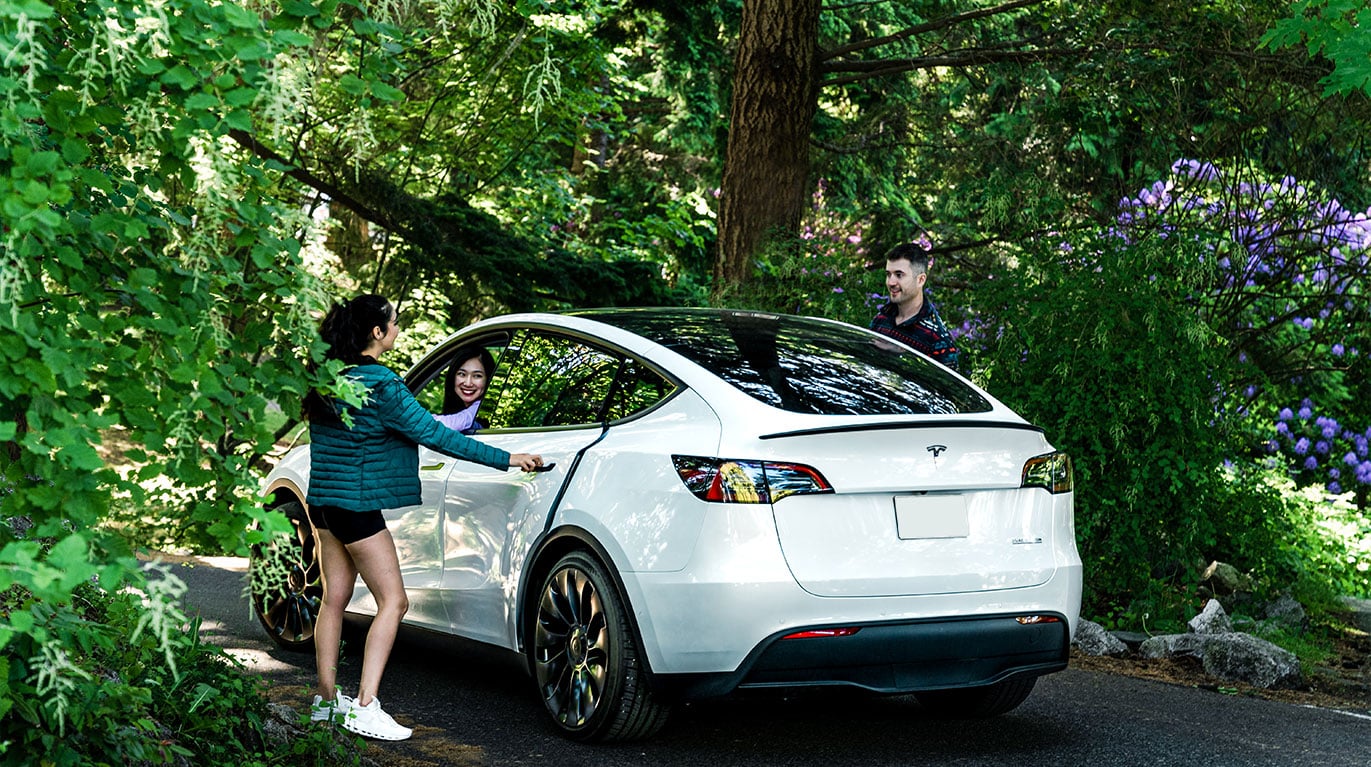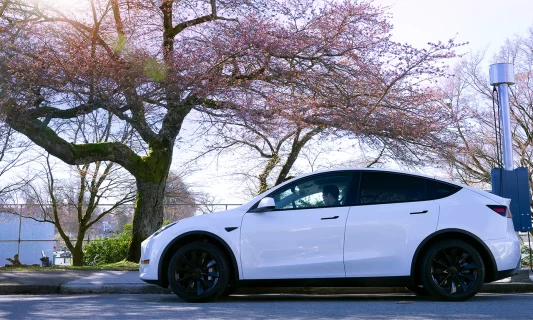April 20, 2024
Vancouver’s Green Future: Zero Waste & Electric Vehicles
As Earth Day approaches, it’s a perfect time to reflect on Vancouver’s commitment to sustainability and its ambitious goals for the future. Vancouver envisions a zero waste community by 2040, supported by a comprehensive strategy outlined in the Zero Waste 2040 plan. This plan not only aims to eliminate solid waste but also strives for sustainable resource use, a healthy economy, affordability, vibrant neighborhoods, and equal opportunity.

A crucial aspect of Vancouver’s zero waste plan is its focus on electric vehicles (EVs). By 2040, all new cars and trucks in British Columbia will be zero emissions, aligning with Vancouver’s goal of reducing transportation-related emissions, which currently account for nearly 40% of the city’s total carbon pollution. The city is actively working to support the transition to renewably powered transportation by improving and expanding its public EV charging network, implementing policies to support home charging, and increasing the number of EVs in its fleet.
Vancouver’s commitment to supporting EV adoption extends to its residents. The city has required growing amounts of EV infrastructure in new residential construction since 2011, ensuring that all new development permit applications require 100% of residential parking stalls (except visitor stalls) to be EV-ready. This initiative has created over 9,000 new residential charging circuits each year, making it easier for residents to charge their EVs at home. For residents without access to home or workplace charging, Vancouver supports a growing public charging network of DC Fast Charging and Level 2 charging stations.To further incentivize the adoption of EVs, the Province of British Columbia administers a decal program for zero-emission vehicles. Electric vehicles displaying an official decal are provided with benefits province-wide, with additional benefits offered in Vancouver. These initiatives not only support Vancouver’s goal of becoming a zero waste community by 2040 but also contribute to a more sustainable and environmentally friendly future for all.



